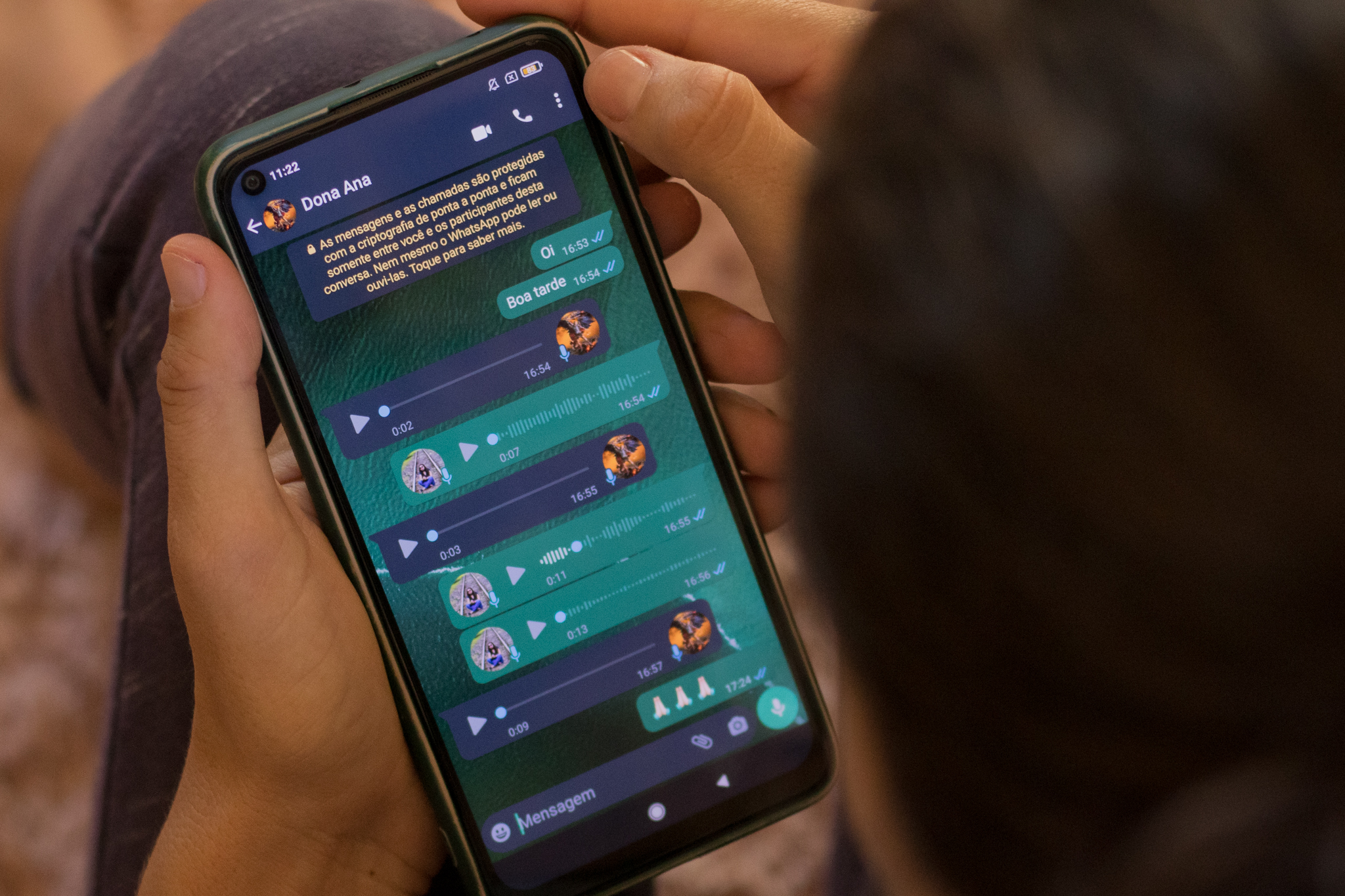In the unfolding of criminal investigations in the United States, a crucial aspect emerges: suspects have the right to refuse to provide the password to their cell phones to the police. The Utah Superior Court ruled unanimously that this refusal is protected by the privilege of non-self-incrimination, as guaranteed by the Fifth Amendment of the US Constitution.

Read now: Learn about the Usefulness and Security of Password Managers
Court Decision: Protection Against Self-Incrimination
The court held that verbal disclosure of the phone's password constitutes testimony, protecting the suspect from self-incrimination. According to the ruling, prosecutors cannot use such communication against the defendant during the trial, supported by the Fifth Amendment.
However, there is a crucial distinction that requires attention: while the decision covers the verbal disclosure of the password, it does not extend to the police requesting to unlock the phone. This specific point, still open, will be the subject of analysis by the Supreme Court, after all, its functional equivalence has not yet been interpreted in the Fifth Amendment jurisprudence.
The Valdez Case and the Overturned Conviction
In the specific Utah Superior Court case (State v. Valdez), the defendant, Alonso Valdez, refused to provide investigators with his cell phone password. The prosecution used this refusal to substantiate charges of kidnapping, assault, and robbery against his ex-girlfriend.
Although the jury initially convicted Valdez, an appeals court overturned the verdict. It claimed the defendant's Fifth Amendment right to refuse to provide the password, arguing that it would be self-incriminating. The Utah Superior Court upheld that decision.
Understand more: Learn how to change your FACEBOOK PASSWORD on your cell phone
Outstanding Issues: Unlocking by Biometric Means
The debate extends to whether police can compel a suspect to unlock a phone using biometric means, such as a fingerprint or facial recognition. While verbal disclosure is considered testimony, unlocking by physical methods raises separate issues, the court ruling said.
Constitutional Guarantees and the Defendant's Rights
The Fifth Amendment to the U.S. Constitution grants defendants several rights, including the right not to testify against themselves, the right not to testify at trial, and protection against government seizure of property without due compensation.
The right to remain silent, expressed in the Fifth Amendment, is one of the best known. The invocation of this right, known as “plead the fifth”, grants the person being questioned the right not to answer questions that could incriminate him.
Consequences of Invoking the Fifth Amendment
It is important to note that by invoking the Fifth Amendment, a defendant cannot have his silence or refusal to answer questions used against him in criminal trials. However, this invocation can have serious implications in civil cases, with the judge or jury inferring adverse conclusions.
As the case unfolds, the U.S. Supreme Court will face the challenge of clarifying whether a police request to unlock a cellphone is equivalent to verbally revealing the password, and whether both acts can be protected by the Fifth Amendment of the U.S. Constitution.
See also: Is Google going to END passwords on PCs and cell phones? WHAT DO YOU MEAN?



